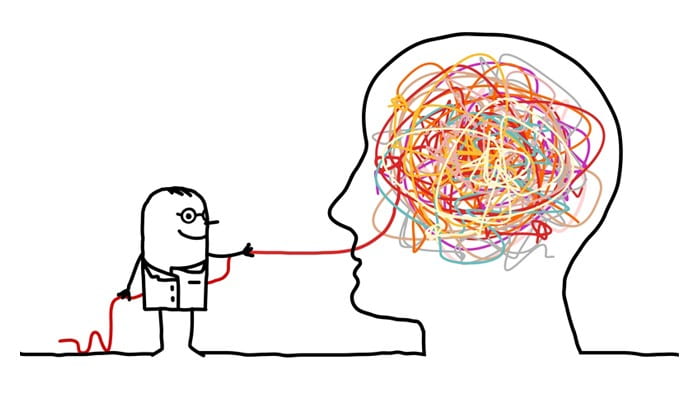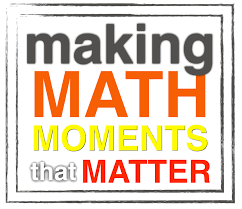
Unlocking the Secrets of Fractions (1): Definition & Representations
Why do some kids, and even some adults, have trouble with fractions or feel frustrated when dealing with problems requiring a deep understanding of this concept? Look at this example. The shaded part of each image represents its half. However, this is not obviously clear to many students. Why? Actually, “fractions” is not an easy […]








